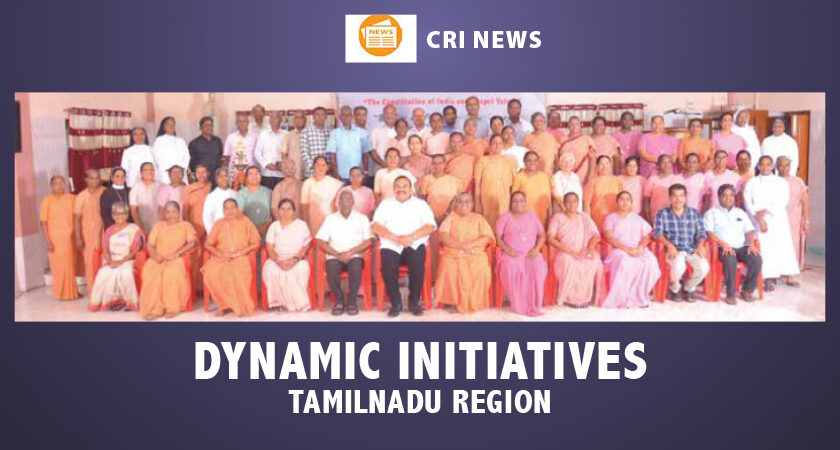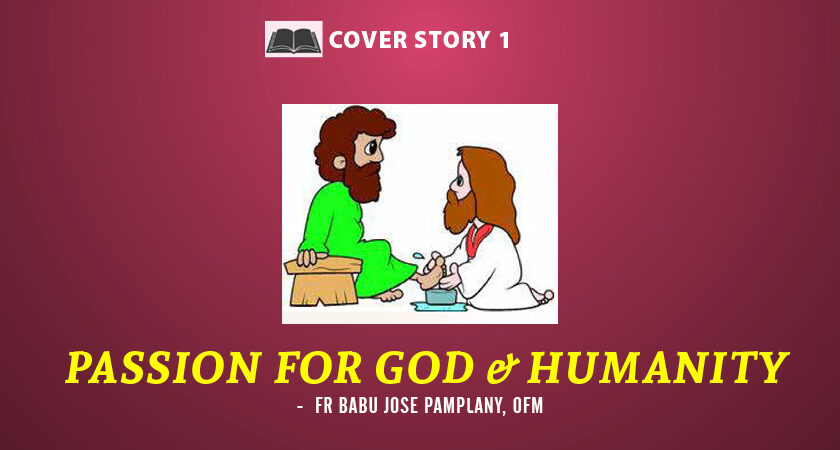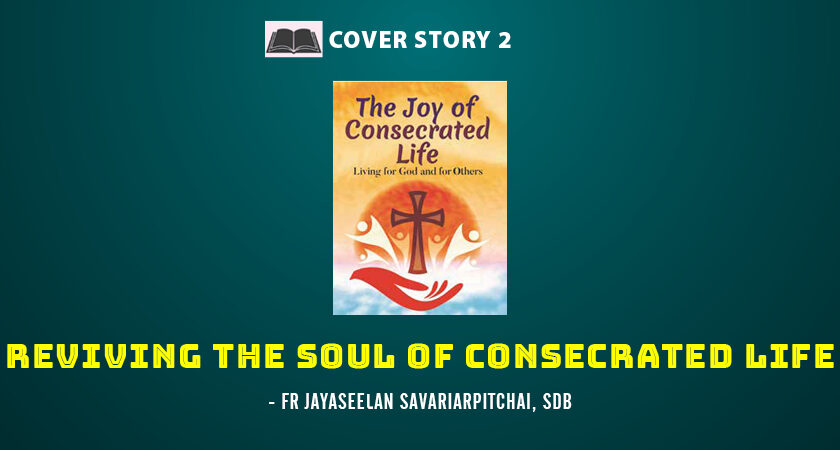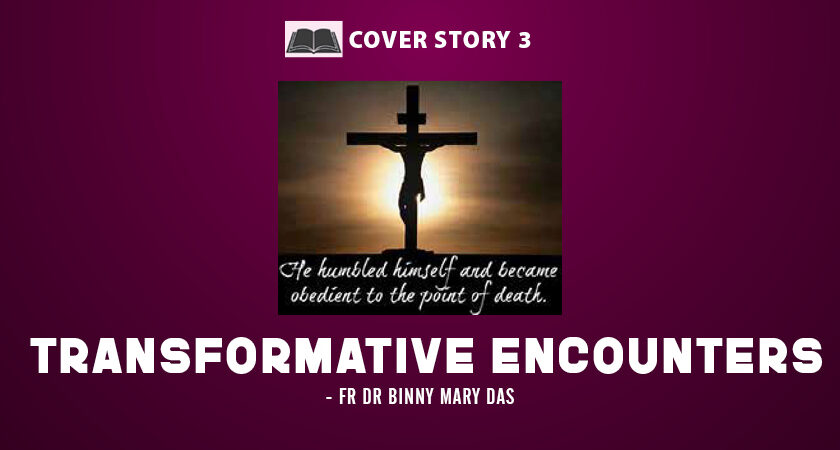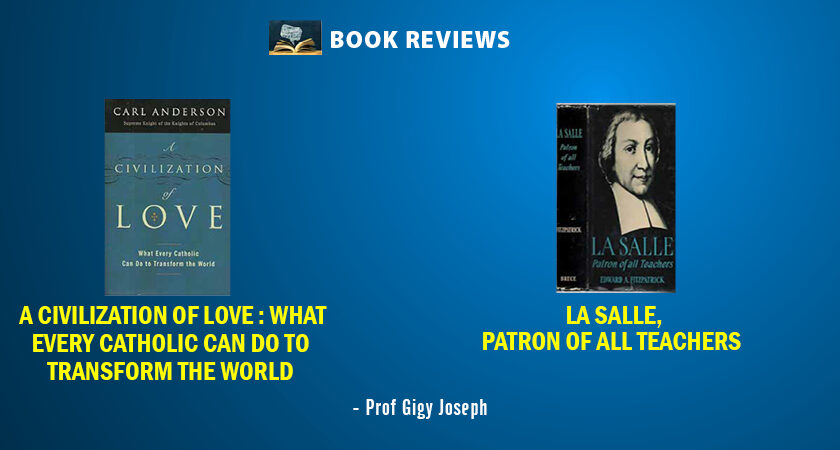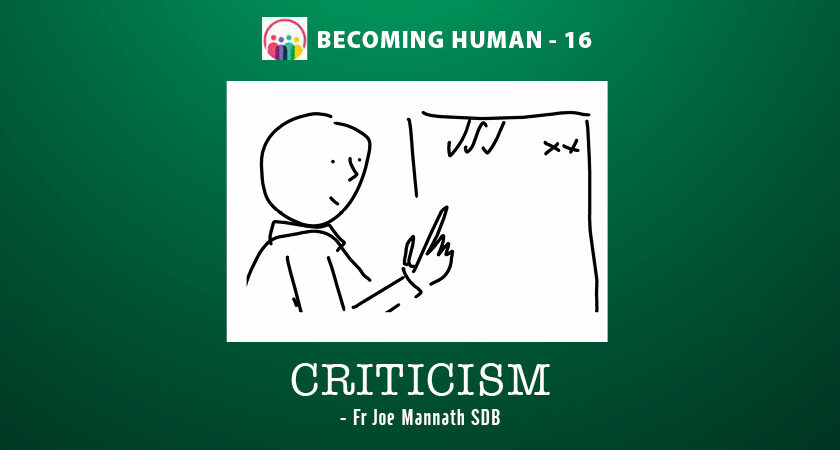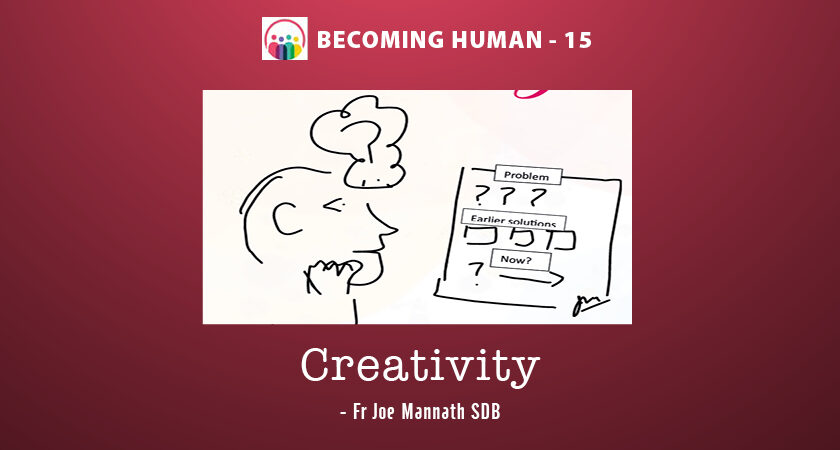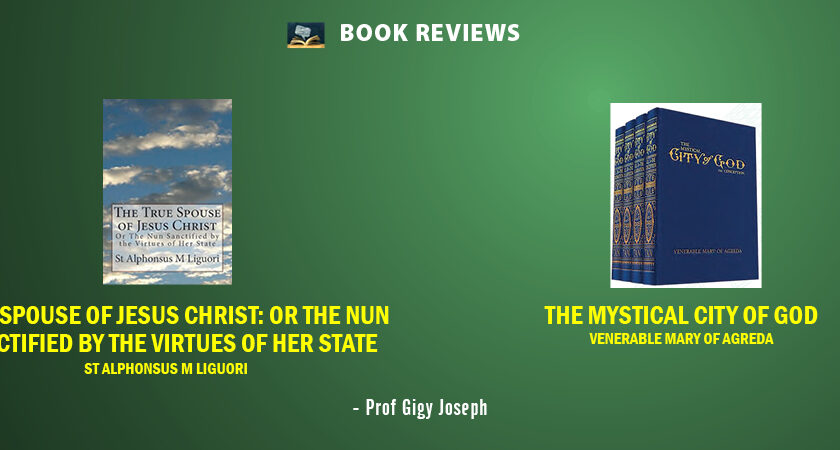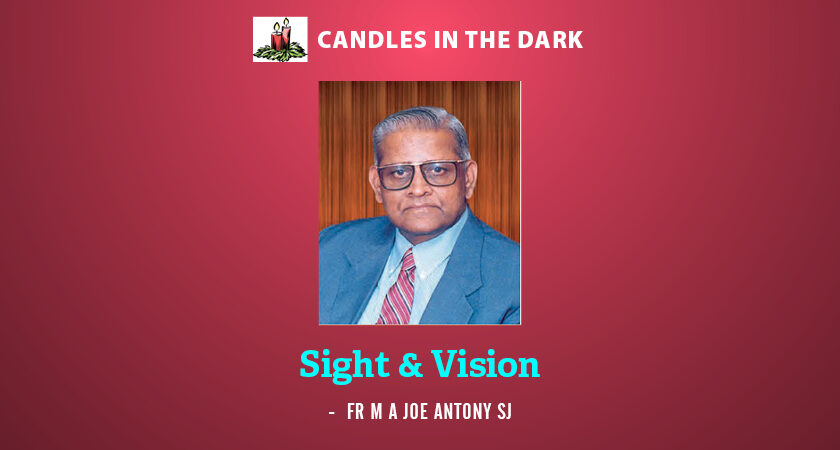As an educator, I always knew that my role extends far beyond the academic realm. I found myself woven into the lives of my students, sharing in their joys, triumphs, and, at times, their deepest sorrows. One such poignant tale etched in my memory comes from Ruchika, a former student who reached out to me in a moment of profound despair.
I had known Ruchika’s husband even as a young boy for he too had been my student. The connection they shared was palpable, evident in the simple gestures that unfolded during their school days. Fast forward to the present, and Ruchika found herself grappling with an unexpected and heart-wrenching loss.
All of a sudden, I received an email from Ruchika. As I looked at her facebook photo, I realized she was looking miserable. Immediately I sorted out the phone number and called her up, only to hear her sobbing endlessly.
Sr Mariella CTC
To read the entire article, click Subscribe

